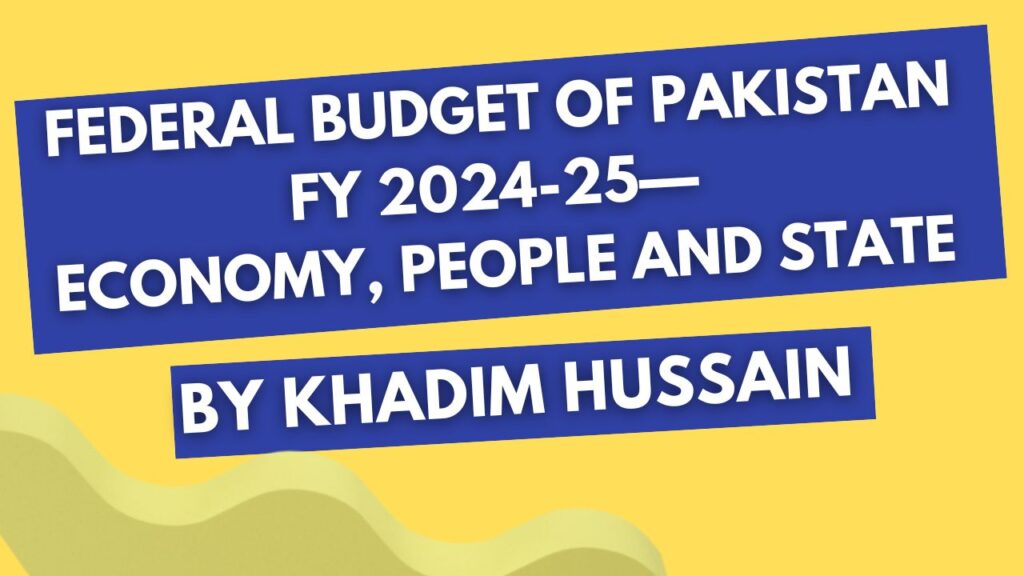By Khadim Hussain
The whole federal budget seems to be a saga of taxation to meet the target of Rs 1.761 trillion Tax revenue. Salaried class and small traders are the worst hit though the rest are not safe either. The only safe people are the interest groups, cartels and high ranking uniformed and ununiformed govt officials & institutions whose perks and privileges continue to sour. Exemption of ex-FATA and ex-PATA from taxation is welcome but it has been counterbalanced with “a 10pc sales tax on stationery and a 6pc tax on the supply and import of plant machinery to tribal areas”.
Why couldn’t the low flat rate and direct taxation be experimented so that the common man takes a sigh of relief? The reckless and insensitive taxation in times of price hike and low economic activity will perhaps bring the worst kind of inflation and may squeeze economic activity in the country. The salaried class and small traders are perhaps punished to make room for the tax exemptions of the elite. This is obvious that the low flat rate and direct taxation would expand the tax net and would enhance the volume of economy–but the myopic mindset continues to push common people of the country backward in the garb of “stabilizing” macroeconomic indicators.
The questions that continue to pop up in the minds of the common man will perhaps remain unanswered for the foreseeable future. What are the existential priorities of the state with respect to its citizens? Why does Pakistan continue to fall at the bottom of the Human Development Index in the comity of other countries? What is the future of a labourer, a farmer, a teacher, a driver, a health practitioner and a small shopkeeper in this country? How can a common man in Pakistan live in peace and tranquillity?
Perhaps a fraction of the questions may be answered in the report of Baqir Sajjad Syed ‘Rs2.12 trillion proposed for armed forces’ published on June 13 in Dawn. He writes:
“The government on Wednesday proposed an allocation of Rs2.12 trillion for the armed forces in the upcoming fiscal year (FY 2024-25), marking a substantial increase of 17.6pc compared to last year’s budget reflecting the country’s priorities in a region marked by geopolitical tensions. The allocated amount, however, presents an incomplete picture of the country’s actual military expenditure. Notably, a significant sum of Rs 662 billion, designated for retired military personnel, which equals to about 31pc of allocation for the armed forces, will not be drawn from the defence budget, rather government’s current expenditure. Major military acquisitions and funding for nuclear weapons and missile programmes are believed to be financed through separate channels, hidden under a classified budget line. The true extent of military spending, therefore, remains obscured.”
Contrasting the above with the employment survey of 2020-21 which says that “4.5 million individuals are unemployed in the country, with the youth aged 15-24 having the highest unemployment rate of 11.1 per cent, according to the Pakistan Economic Survey 2023-24”, tells us volumes about the priorities of the state. No Labour Force and employment survey has been carried out after 2020-21 otherwise we would have seen horrible hike in the ever-increasing number of the unemployed youth. More so, these kinds of surveys usually take samples from the accessible areas of the country. Hence, the number of the unemployed may be quadrupled if all the areas including the peripheries are taken into consideration.
This should, hence, not come as a surprise that the budget speech of ANP central president Senator Aimal Wali Khan in which he prayed that assets of the military high-ranking officials should be made public and that perks and privileges of the senators must be taken back is censored and muted. Tax exemption and subsidies to cartels, mafias, large interest groups, bureaucrats, land lords, big industrialists, real estate tycoons, high ranking officials of the judiciary, security apparatus, high income journalists and “raise in the general sales tax rate from 17pc to 18pc to generate additional revenue from consumers” since March 1, 2023, seems to be the actual malaise Pakistani economy is suffering from. Agricultural produce, industrialization, technological development, competition in digital, AI & infoteck products and exports can only increase when wealth is equitably distributed and friendly trade relations are restored with neighbouring countries. For now just ponder the ever increasing debt burden, the 25 years old IMF programs, ever increasing consumption of the powerful elite, crumbling federal parliamentary democracy, ever dropping human development indicators, low per capita income, unemployment, dismal education and a dilapidated healthcare system.
The writer can be accessed via khadimhussainpajwak@gmail.com .

